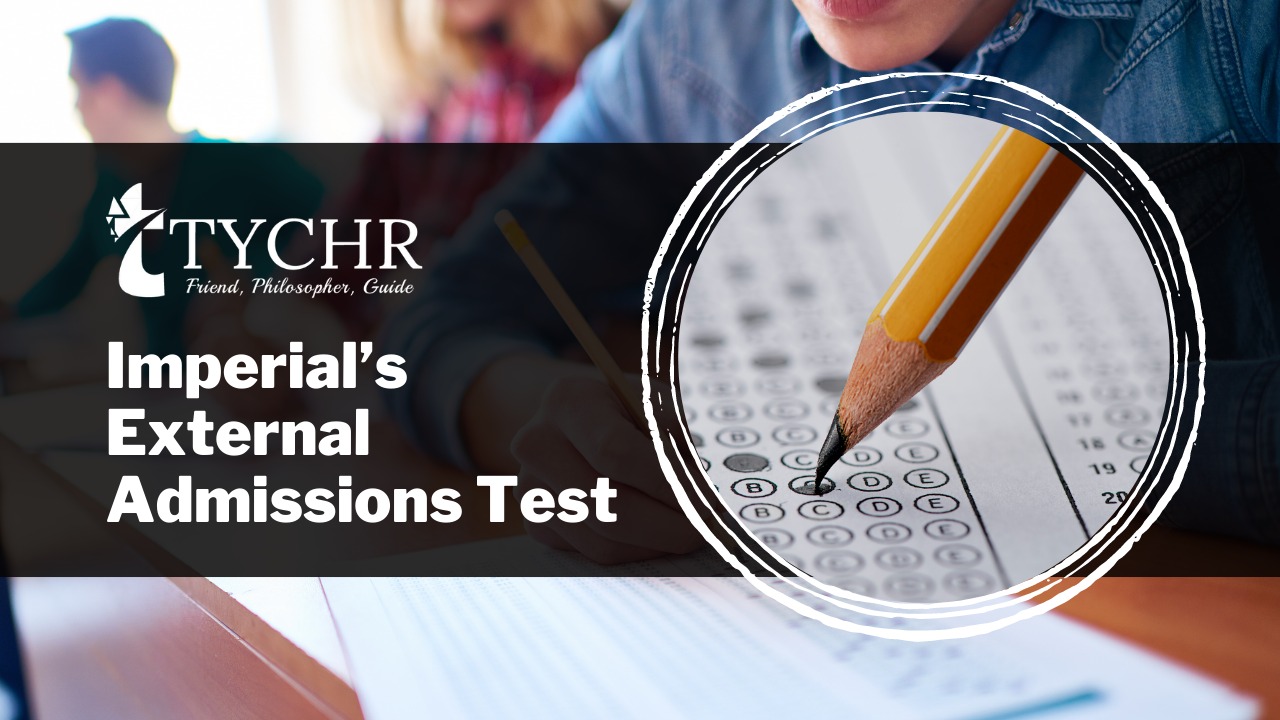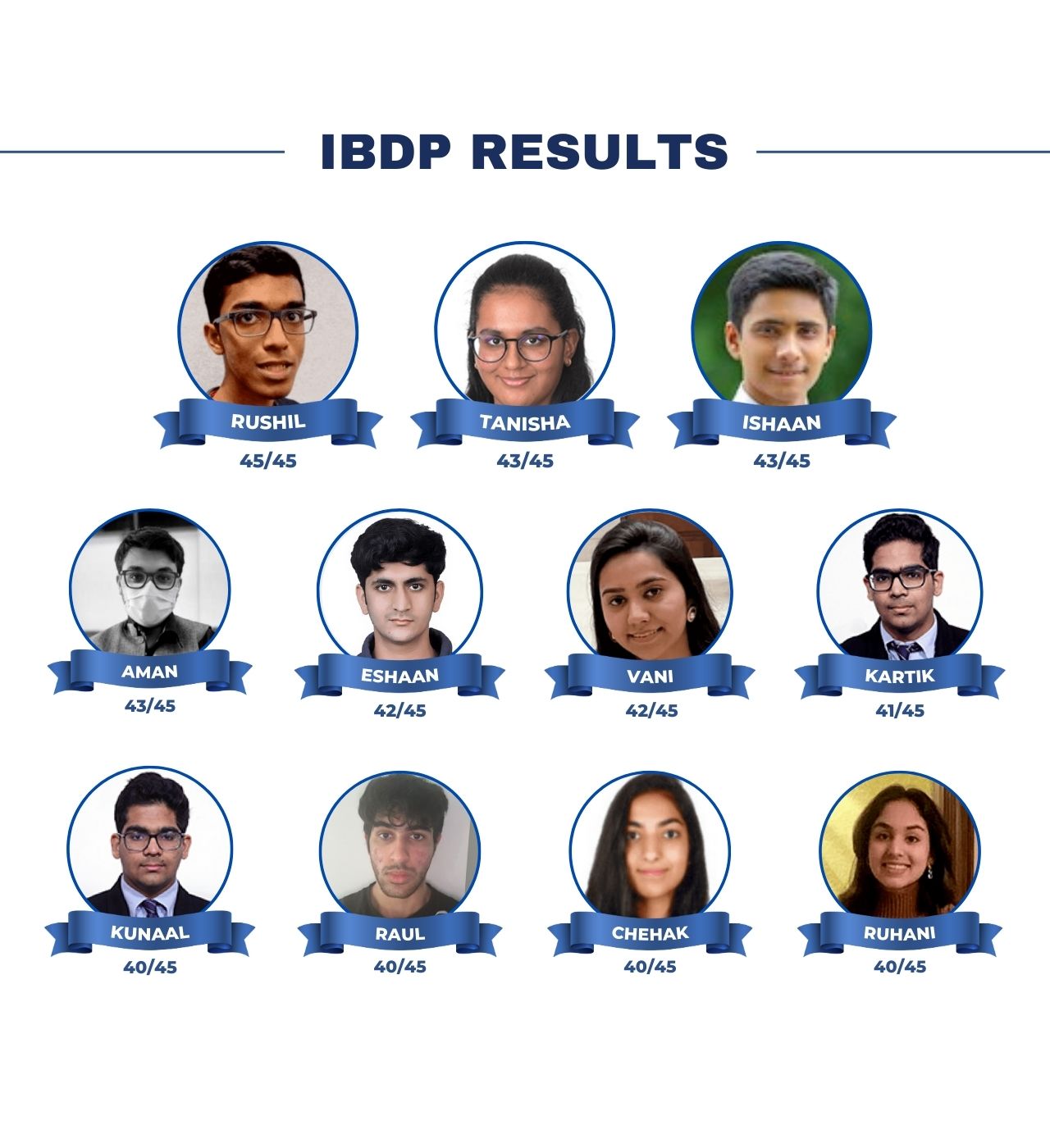Table of Contents
When applying to prestigious institutions like Imperial College London, it’s important to be aware of the comprehensive selection process involved. In addition to academic qualifications, personal statements, and reference letters, you may also be required to sit an external admissions test. This additional assessment ensures that the university identifies candidates who not only possess strong academic backgrounds but also demonstrate the necessary skills and aptitude for their rigorous programs.
Imperial College London recognizes the significance of objective assessments in evaluating applicants fairly and transparently. As such, they utilise two prominent external admissions tests: the BioMedical Admissions Test (BMAT) and the Mathematics Admissions Test (MAT). These tests are designed to assess specific skills and knowledge that are highly relevant to the disciplines offered at the college.
The BioMedical Admissions Test (BMAT)
It is an aptitude test used by several prestigious universities worldwide as part of the admissions process for undergraduate courses in medicine, biomedical sciences, and related fields. Developed and administered by Cambridge Assessment Admissions Testing, the BMAT is a comprehensive examination that assesses candidates’ abilities in critical thinking, problem-solving, and scientific knowledge. It is specifically used for applicants to medical, biomedical, and related courses. By evaluating candidates’ performance in the BMAT, Imperial College London gains valuable insights into their potential to excel in the demanding academic programs offered by the institution.
BMAT in Imperial
Imperial College London is one of the prestigious universities that consider the BioMedical Admissions Test (BMAT) as part of their admissions process for undergraduate courses in medicine and related fields. Imperial College London utilizes the BMAT scores in conjunction with other criteria to evaluate applicants and make informed decisions regarding admissions. While the exact weightage given to BMAT scores may vary each year, it is an essential component that provides valuable insights into candidates’ abilities and potential.
The BMAT scores are considered alongside other factors, such as academic qualifications, personal statement, reference letters, and sometimes performance in interviews. This holistic approach allows Imperial College London to assess applicants comprehensively and identify those who demonstrate the skills, knowledge, and attributes necessary to excel in their medical and biomedical programs.
The MBBS/BSc Medicine course at Imperial College London holds the BioMedical Admissions Test (BMAT) in high regard as an integral component of its selection process. This rigorous and esteemed program requires aspiring medical students to demonstrate their aptitude, critical thinking skills, and scientific knowledge through the BMAT. To be considered for admission to the MBBS/BSc Medicine course at Imperial College London for the October 2024 intake, it is crucial to register for the BMAT by the deadline of 29 September 2023. This allows sufficient time for prospective applicants to prepare for the test and ensures a smooth application process.
Test Format
The BMAT consists of three sections: Section 1, Section 2, and Section 3. Each section assesses different skills and knowledge areas:
Section 1: Aptitude and Skill
- Duration: 60 minutes
- Format: Multiple-choice questions
- Content: This section evaluates problem-solving skills, critical thinking, and data analysis. It includes questions related to problem-solving, understanding arguments, and drawing conclusions from given information.
Section 2: Scientific Knowledge and Applications
- Duration: 30 minutes
- Format: Multiple-choice questions
- Content: This section tests candidates’ scientific knowledge and understanding of biology, chemistry, physics, and mathematics. Questions may require applying scientific principles to solve problems or interpret data.
Section 3: Writing Task
- Duration: 30 minutes
- Format: Essay writing
- Content: In this section, candidates are required to write a short essay on a given topic. The essay assesses their ability to express ideas coherently, critically analyse arguments, and communicate effectively in written form.
Test Preparation
Preparing for the BMAT requires a combination of subject knowledge, critical thinking skills, and familiarity with the test format. As the test covers a broad range of topics, it is important to review and consolidate knowledge in biology, chemistry, physics, and mathematics. Additionally, practising sample questions and past papers can help develop the necessary skills to tackle the problem-solving and reasoning components of the exam.
Many resources are available to assist candidates in their BMAT preparation. These include official BMAT preparation books and practice papers, online question banks, and courses specifically designed to enhance performance in the test. It is advisable to start the preparation process well in advance to allow for thorough revision and practice. Here are some textbooks and past paper links that might come handy:
- “Get Into Medical School – 700 BMAT Practice Questions” by Lydia Campbell and Olivier Picard
- “Mastering the BMAT” by Christopher Nordstrom, George Rendel, Luke Baxter
- Past Papers with solutions 2003 to 2021 from the official Cambridge testing website: Practice papers | BMAT | Cambridge Assessment Admissions Testing
How to register
To register for the BMAT, follow these steps:
- Find a test centre: Speak to the Exams Officer at your school or college to determine if they are a registered test centre for the BMAT. If they are, you can proceed with the registration process. If not, you have two options:
-
-
- Check if your school can apply to become a test centre before the deadline depending on the session.
- Explore alternative test centre options from the global network of BMAT test centres.
-
- Register with the Exams Officer: Request your Exams Officer to register you for the BMAT. During the registration, you will need to provide the following information:
-
-
- Personal details such as your name and date of birth.
- UCAS number (applicable for those applying to UK universities).
- Names of the courses/universities you are applying to (applicable for those applying to UK universities).
- Medical evidence, if applicable, for modified question papers or Access Arrangements such as extra time. The deadlines vary according to the session you choose.
-
- Obtain your candidate entry number: Once registered, make sure to obtain your candidate entry number from your Exams Officer. This number will begin with a B followed by five digits and serves as proof of your registration.
- Prepare for the BMAT: Familiarize yourself with the test day details by contacting your test centre. They will provide you with specific information about the test location, timings, and any items you need to bring with you on the test day.
By following these steps and staying in touch with your Exams Officer and test centre, you can complete the registration process for the BMAT successfully and be well-prepared for the test day.

Mathematics Admissions Test (MAT)
On the other hand, the MAT is an admissions test specifically tailored for candidates applying to mathematics-related courses at Imperial College London. This test focuses on assessing candidates’ mathematical aptitude, reasoning skills, and ability to approach complex mathematical problems. The MAT enables the university to identify candidates who possess the necessary mathematical foundation to thrive in their rigorous academic programs.
MAT in Imperial
Imperial College London also recognizes the importance of the Mathematics Admissions Test (MAT) as part of its selection process for undergraduate courses. Similar to the University of Oxford, Imperial College London includes the MAT as a requirement for applicants to their BSc and MSci Mathematics courses. By incorporating the MAT into their admissions criteria, Imperial College London aims to identify candidates who possess strong mathematical abilities, critical thinking skills, and the potential to excel in rigorous mathematical programs.
To be considered for admission to the BSc and MSci Mathematics courses at Imperial College London, prospective students must register for the MAT within the specified deadline, which can be found on the official Imperial College London website. It is crucial for applicants to stay updated with the registration dates and ensure they meet the requirements to participate in the examination. By adhering to the registration deadline, candidates can secure their opportunity to demonstrate their mathematical prowess and enhance their chances of being considered for admission.
Test Format
The Mathematics Admissions Test (MAT) is a time-limited examination lasting 2 hours 30 minutes, designed to assess candidates’ mathematical abilities and suitability for mathematics-related courses. The test consists of seven questions, with a specific answering pattern. All students are required to answer question 1, followed by four questions chosen from questions 2-7, depending on the course they are applying for. Detailed instructions will be provided on the test paper to guide candidates on which questions to tackle.
During the MAT, candidates are not allowed to use calculators, formula sheets, or dictionaries. This restriction aims to assess candidates’ problem-solving skills and mathematical reasoning without relying on external aids. By evaluating candidates’ abilities under these conditions, the MAT provides a fair assessment of their mathematical proficiency and analytical thinking.
The test syllabus covers topics similar to those studied in AS-Level mathematics. Therefore, candidates should not expect to encounter new or overly challenging concepts in the test. If you are currently studying mathematics at A-Level, you will already be familiar with the subject matter covered in the MAT. This familiarity gives you an advantage and allows you to demonstrate your understanding and application of fundamental mathematical principles.
Test Preparation
Preparing for the MAT requires a strong foundation in mathematics and familiarity with the test format. It is important for candidates to review and revise key mathematical concepts covered in their school curriculum. Additionally, practicing past MAT papers and sample questions can help candidates become familiar with the types of questions they may encounter and develop effective problem-solving strategies.
Here are some textbooks and past paper links that might come handy:
- “The Ultimate MAT Guide – 2022” by Dr. Rohan Agarwal
- “STEP and MAT Mathematics for University Admission” by Stephen Siklos
- Past Papers with solutions 2007 to 2021 from the official Oxford website: MAT (Mathematics Admissions Test) | University of Oxford
How to register
To register for the Mathematics Admissions Test (MAT) exam, you will typically need to go through your school or college. Most students register to sit the MAT at their educational institution, which serves as a designated test centre. If your school is not registered as a test centre, you have the option to register at an alternative local test centre. However, only three colleges (Oxford University, Imperial College London and University of Warwick) in the UK require this test, so generally, the colleges would automatically be registered for the exam.
Conclusion
When applying to prestigious institutions like Imperial College London, it is important to understand the comprehensive selection process, which may include external admissions tests such as the BioMedical Admissions Test (BMAT) and the Mathematics Admissions Test (MAT). These tests are designed to assess specific skills and knowledge relevant to the disciplines offered by the college.
Imperial College London recognizes the value of these objective assessments in evaluating applicants fairly and transparently. The BMAT assesses critical thinking, problem-solving, and scientific knowledge, while the MAT focuses on mathematical aptitude and reasoning skills. By incorporating these tests into their admissions criteria, Imperial College London aims to identify candidates who possess the necessary abilities and potential to excel in their rigorous academic programs.








